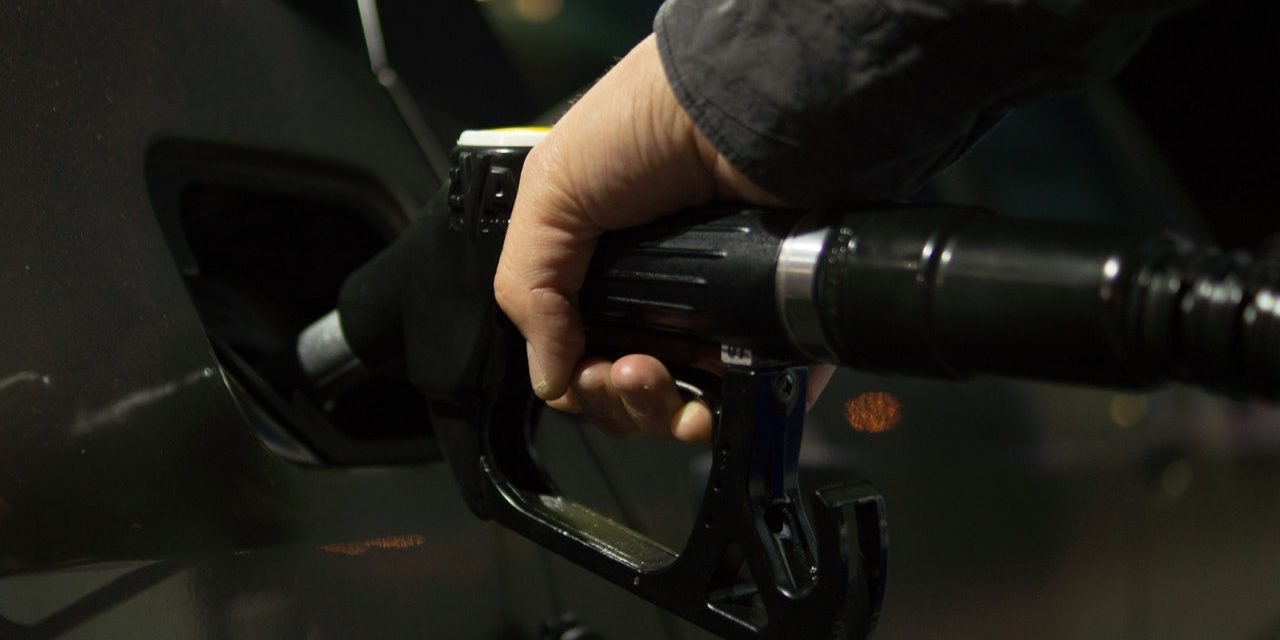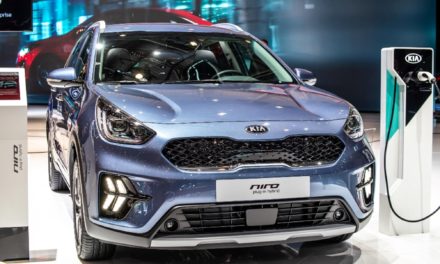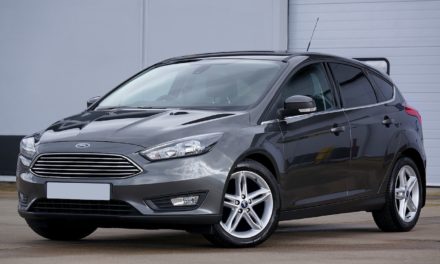With skyrocketing gas prices, it is tempting to save money by buying the cheapest type of gas available at the station. But this is not a smart decision. While using the wrong type of gas on your vehicle wouldn’t be catastrophic, it could still lead to some damage. The extent of damage is on a case-to-case basis, but it all results in the same thing – expenses for repairs.
Different Types of Gas
Different types of engines need specific kinds of fuel. These are the different types of fuel gas you see in the market.
- Gasoline – This is the most common type of fuel for car engines. It has a faster ignition than diesel and is measured in octane levels. Regular gasoline has lower octane grade (87 octanes), while premium gasoline has a grade of 90 octanes above.
- Diesel – Engines with turbochargers (ideal for towing and hauling), such as passenger vehicles and trucks, use diesel. It emits less carbon monoxide but higher levels of soot and nitrogen compounds.
- Biodiesel – It is a renewable, clean-burning type of fuel derived from vegetable oils, animal fats, or recycled grease from restaurants. Biodiesel is an eco-friendly alternative to diesel.
- Ethanol – Ethanol is a new type of renewable fuel made from corn and other plant materials. FFV (flex-fuel vehicles) uses E85, which has 51% to 83% ethanol.
Why Gas Type Matters
Using the proper fuel type allows you to enjoy your car’s maximum performance. Your engine runs smoother, and you can maximize your vehicle’s fuel economy. Moreover, it prevents potential damage that could cost hundreds to thousands of dollars to repair. If you do not know the type of gas your engine needs, check your car’s manual.
Whatever type of gas your car uses, it is essential to stay with it to protect you (and your wallet) from costly repairs. While your insurance can cover some of the unexpected repairs, it won’t cover everything. Getting an extended warranty is recommended to fill in the gaps your insurance policy can’t cover.
Extended warranty providers, like Endurance, offer customizable warranty policies to fit your needs. You can read some Endurance warranty reviews to learn more about the insurer’s different offers.
What Will Happen If I Use the Wrong Gas?
There are different scenarios resulting from using the wrong type of fuel in your car, and the extent of damage depends on the situation.
- Diesel in a gasoline engine
Damage from accidentally putting diesel in a gasoline-engine car isn’t permanent, but the repairs could still be quite pricey. Gas engines can’t process diesel. So once the gasoline burns out, your car will shut down.
Flex-fuel cars can run on gasoline or E85, but even non-flex-fuel engines can tolerate E85 with little to no damage. Still, if you notice any issues while driving, it is better to stop the car and call a mechanic right away.
- Gasoline in a diesel car
Gasoline is more combustible in a diesel engine, so the potential for engine damage is higher compared to the earlier example. Moreover, diesel has lubricating properties that gasoline lacks and could damage the fuel pump.
- Wrong octane grade
Using premium gasoline for a car that doesn’t require it won’t cause any problems but provides no benefit either.
However, using regular gasoline in engines that require premium gas could cause potential internal damage. You could top up the tank with premium gasoline and go on with your drive. But, if you hear rattling or high-pitched noise, call a mechanic right away.
- Mixing premium and regular petrol
Mixing different octane level gas isn’t ideal, but there’s very little to no potential damage. Be alert for any sounds coming from your engine if your car requires premium gasoline.
Once you realize you put the wrong type of gas in your car, don’t start the engine. If you are already in the middle of driving, pull over at the side of the road and turn off your engine as quickly as possible to prevent further damage to your car’s powertrain. Call towing services and get a mechanic to siphon off the gas from your fuel lines. Do not try to siphon the fuel by yourself.
Make Sure to Use the Right Fuel Type
Most insurance policies don’t cover damage or costs from using the wrong fuel in your car. The best way to protect your car (and your wallet) is still through preventative maintenance. Saving money by buying cheaper but the wrong type of fuel for your car might result in heavier expenses than just buying the right gas in the first place.







